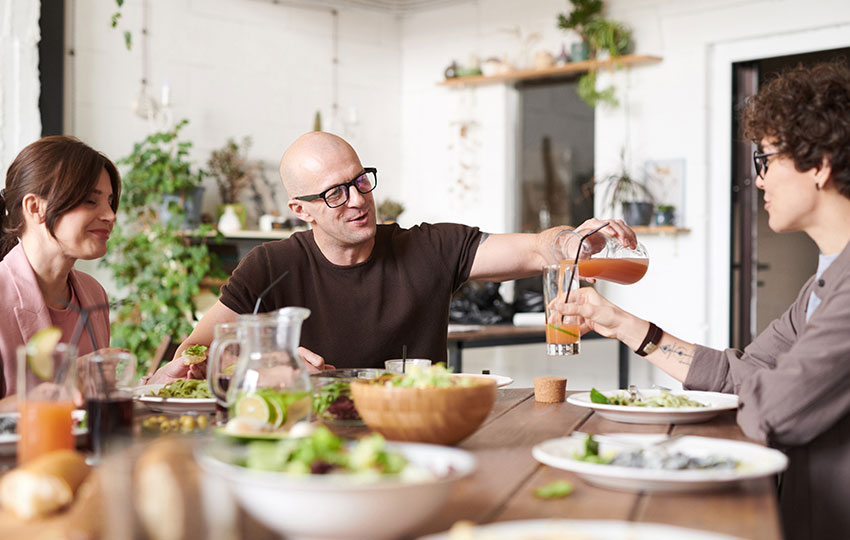Everyone has heard of the term sharing economy but not everyone knows the term collaborative consumption. In a way, collaborative consumption encompasses the sharing economy. There are many different ways to explain collaborative consumption. Imagine a system that allows resources to circulate making it easy for consumers to both obtain as well as provide valuable resources or services.
These resources or services can be circulated permanently or temporarily. A simple example is a flee market. In a flee market, people that bought products at some point (consumers) now sell these products that they no longer want to use (sellers). The recourse which in this case is the product passes on from one hand to another and is not discarded.
This is one form of collaborative consumption. The form of reselling products to eliminate wastage. Another form of collaborative consumption is car-sharing. Sharing a car ride saves money, minimizes exhaust gas-emitting and is a great way to share consumption, in this particular case a service.
Although the concept has been around for a long time, nowadays more and more people are interested in using collaborative consumption techniques to make their lives easier, save money and reduce wastage. And as the need for this type of cost-sharing is growing larger, so do the means to gain access to collaborative consumption sources.
There are many online platforms out there that are able to provide consumers with the opportunity to gain access to specific types of collaborative consumption services. Let’s see some of them and what they can offer.
Sharing dinner/eating
- Thuisafgehaald: Dutch platform, that allows people to sell home-cooked meals
Sharing tools/goods
- Spullendelen: Dutch platform, that allows people to share their agricultural tools, DIY tools and many more.
- Spinlister: Dutch platform, that helps people choose which bike to buy by trying it out first before they make their decision.
Doing other people’s chores/miscellaneous
- Listminut: Dutch platform, that allows people to provide their services to others such as woodworking or fixing a bathroom sink as well as other chores around the house.
Providing people space to park, camp or spend the night
- Carambla: Dutch platform, that allows people to use someone elses parking space or driveway for the hours it is not being used.
- Vrienden op de fiets: Dutch platform, for bikers traveling long distances that need a place to stay and rest before they continue their journey.
Transport
- Tapazz: Dutch platform that allows people to share a car for transportation
- Snappcar: Dutch platform that allows people to lend out their car for a specific period of time to someone else.
- Schoolpool: Belgian platform for child transportation to school and back when the parents do not have the means to take them.
These are online platforms that operate within the European Area. In the USA people have access to their own collaborative consumption platforms. You can find more information on website like the Appropedia website for collaborative solutions in sustainability, appropriate technology, poverty reduction, and permaculture.
Under the premise of collaborative consumption, the Erasmus+ funded project, Col-Sumers aims to;
- Introduce the topic of Collaborative Consumption (CC), its benefits and its positive impact in Elder People
- Provide information about how to access different goods and services with the help of collaborative consumption and not with monetary compensation
- Transfer useful knowledge for the use of CC by presenting relevant platforms which promote responsible and sustainable consumption
- Instill and/or develop the digital skills required to adopt CC in everyday life, thus bringing down all the barriers impeding its use by senior citizens
Find out more about the project by visiting the official website: https://col-sumers.eu/

